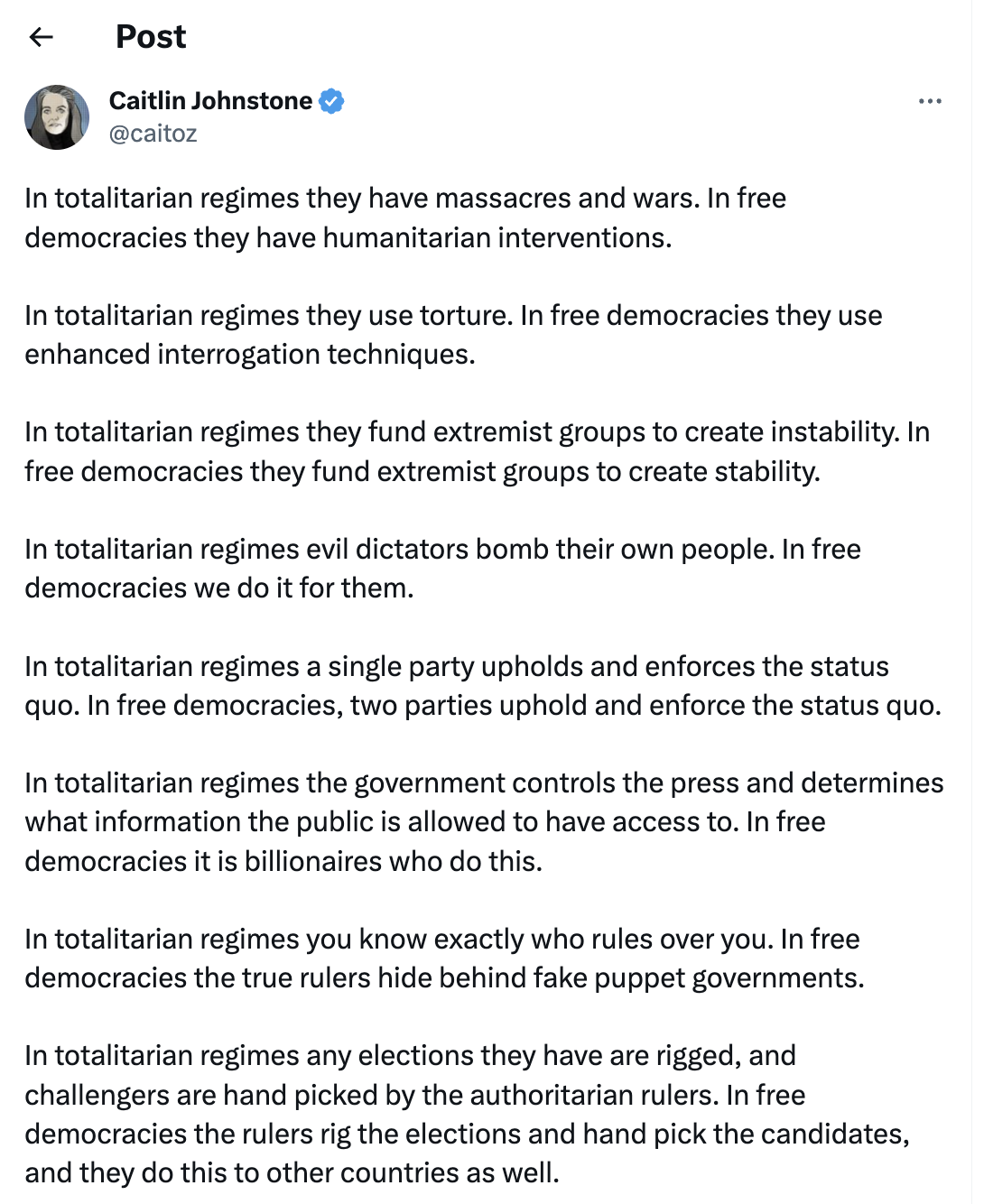If the DNC is so confident that Joe Biden is the best choice to be President again, they should brush off his cobwebs and roll him out to debate Robert F. Kennedy, Jr. and Marianne Williamson. It would be revealing to hear the two challengers discuss the issues, but equally important to see whether Biden could make sense for more than five minutes without a teleprompter.
But does the DNC think that the People should have a meaningful say in determining who will represent the Democrats for President? The answer is no, based upon a 2016 lawsuit against the DNC:
Update: A federal judge dismissed the DNC lawsuit on August 28. The court recognized that the DNC treated voters unfairly, but ruled that the DNC is a private corporation; therefore, voters cannot protect their rights by turning to the courts:
"To the extent Plaintiffs wish to air their general grievances with the DNC or its candidate selection process, their redress is through the ballot box, the DNC's internal workings, or their right of free speech — not through the judiciary."
Rather than reflecting on the consternation everyday voters are having over the conduct of the Democratic presidential primary, the Democratic National Committee is doubling down on the assertion that the primary election belongs to the people who control the party -- not voters.
In the transcript for last week's hearing in Wilding, et. al. v. DNC Services, d/b/a DNC and Deborah “Debbie” Wasserman Schultz, released Friday, DNC attorneys assert that the party has every right to favor one candidate or another, despite their party rules that state otherwise because, after all, they are a private corporation and they can change their rules if they want.
From
the Chicago Tribune:
"To the extent Plaintiffs wish to air their general grievances with the DNC or its candidate selection process, their redress is through the ballot box, the DNC's internal workings, or their right of free speech — not through the judiciary," Judge William Zloch, a Reagan appointee, wrote in his dismissal. "To the extent Plaintiffs have asserted specific causes of action grounded in specific factual allegations, it is this Court's emphatic duty to measure Plaintiffs' pleadings against existing legal standards. Having done so . . . the Court finds that the named Plaintiffs have not presented a case that is cognizable in federal court." ...
Bruce Spiva, representing the DNC, made the argument that would eventually carry the day: that it was impossible to determine who would have standing to claim they had been defrauded. But as he explained how the DNC worked, Spiva made a hypothetical argument that the party wasn't really bound by the votes cast in primaries or caucuses.
"The party has the freedom of association to decide how it's gonna select its representatives to the convention and to the state party," said Spiva. "Even to define what constitutes evenhandedness and impartiality really would already drag the court well into a political question and a question of how the party runs its own affairs. The party could have favored a candidate. I'll put it that way."
This was news to me in 2017 when the DNC took this position (for more on the DNC arguments, see the Plaintiff's appeal here). How many times has DNC rhetoric suggested that the DNC looks to the People to make this decision? But they clearly don't care about our opinion. This, the party that made repeated dramatic false claims that "Russians" cheated them out of winning even when the DNC itself cheated Bernie Sanders out of the nomination in 2016, as exposed by Wikileaks.


